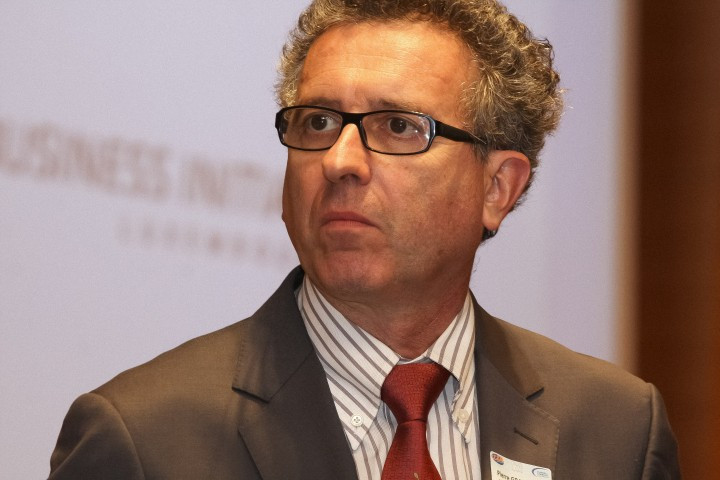Pierre Gramegna said on Monday 26 June:
“We have come a long way in taxation. We had to abandon banking secrecy to fulfil the exchange of information. We stay on trend. Together with the EU, we have adopted several directives which transpose the OECD measures. This is a very ambitious convention, which we signed along with other 67 countries--so we don’t stall at all. The convention foresaw that countries could introduce reservations, which I have presented to parliament. The CSV had demanded even more reservations, which we took partly into account because it is a very long-winded process. We can always give up these reservations. This instrument helps us to modernise all our bilateral conventions in one stroke. We adopted several clauses such as the clause on arbitration. I think Luxembourg plays in the middle of the field because we want to stay competitive and attractive.”
When asked by the RTL journalist whether this may lead to a race to the bottom, Gramegna answered that:
"It is a danger and that is why the EU and Luxembourg think that we need a reasonable and fair tax system for big multinational firms. We are establishing an adequate framework at the European and national level, and in the future, we will fine tune it.”
Pierre Gramegna also addressed the upcoming reform of the stock options regime. The current system of stock options costs the state revenues of €180 million because they will be taxed less than a normal salary.
Gramegna stated that:
“The current system needs to be reformed. It had been set up by the CSV, but now it suddenly wants to abolish it completely, which I think is extreme. It is clear that we need to make changes both in substance and style. At the moment, the current arrangement brings legal uncertainty because it is not set down in law, and secondly abuses in that area must be stopped. The goal is to attract talent to Luxembourg, which is even more important now in the context of Brexit, and secondly that the employee is allowed to participate in the profits of its company by allowing him to buy stocks from that company. This is very important for start-ups.”
The abuse happens because participation is not limited to the company the employee works for. The CSV wants to abolish them completely.
When asked how Luxembourg will manage to find the balance between staying competitive and being transparent, Gramegna argued for a middle ground.
“We cannot have levels which are too high on the one hand; on the other hand, we don’t want to move to one-digit levels. May I remind you that we are on everyone’s radar, and it is important that Luxembourg falls in line. (...) Luxembourg would not be as attractive as we are nowadays if we had only our tax system. We have the Triple A, which few countries have, we speak all those languages and manage to attract all these people to Luxembourg, we have a calm social and political situation, in terms of governments finishing their mandates. Many countries don’t have that. In the context of Brexit, I find that an immense amount of companies are interested in Luxembourg.”
Gramegna also announced his intention to run again in the upcoming 2018 parliamentary elections.
